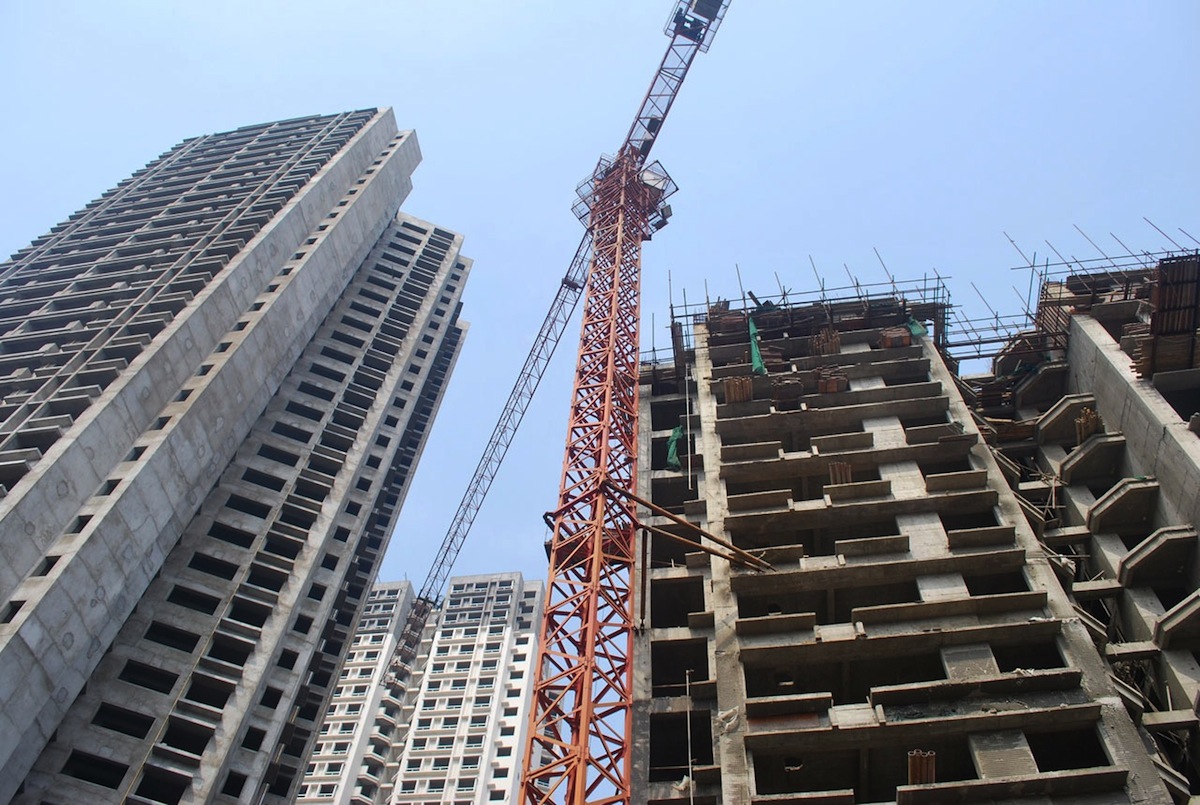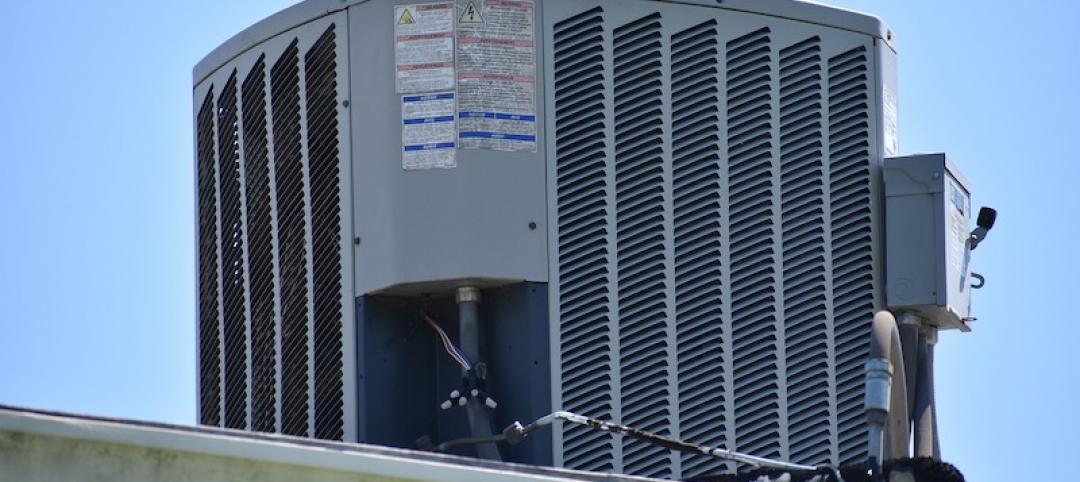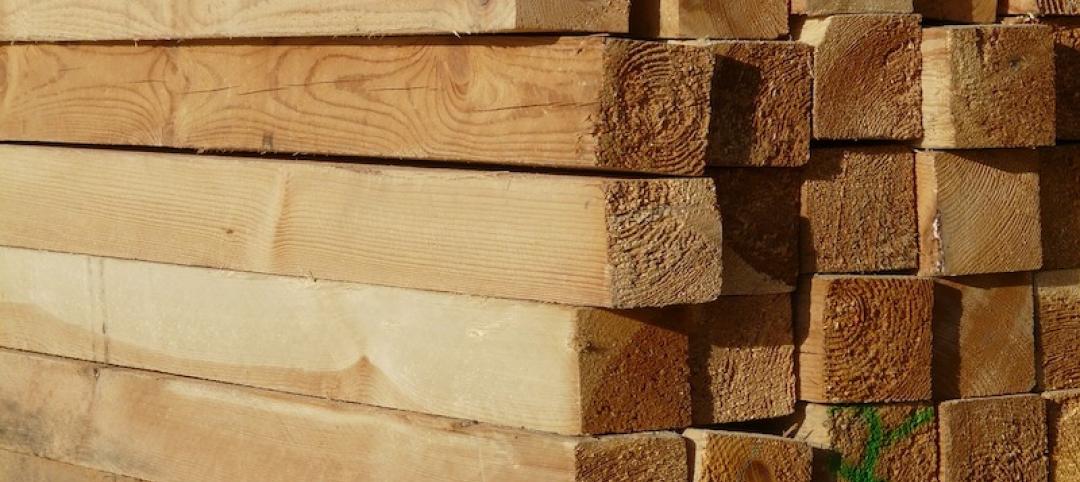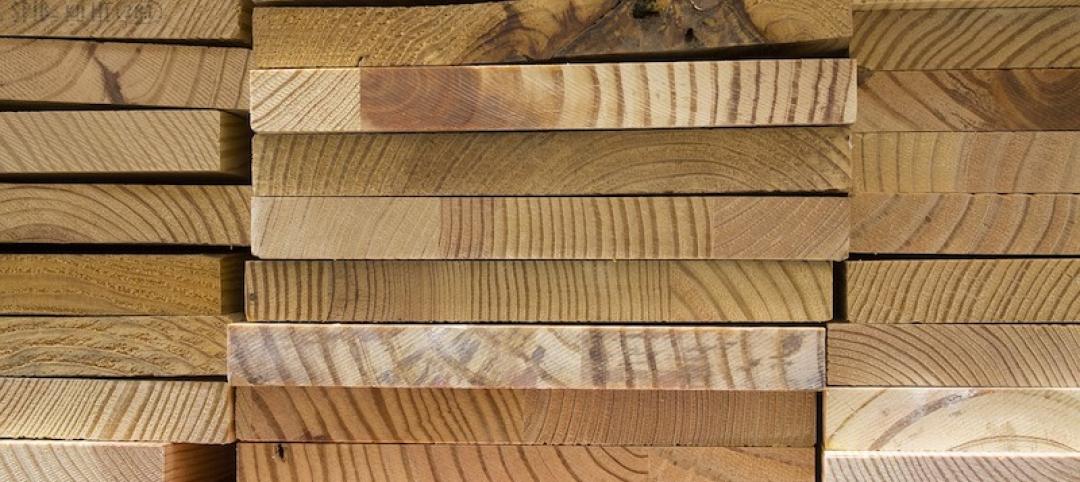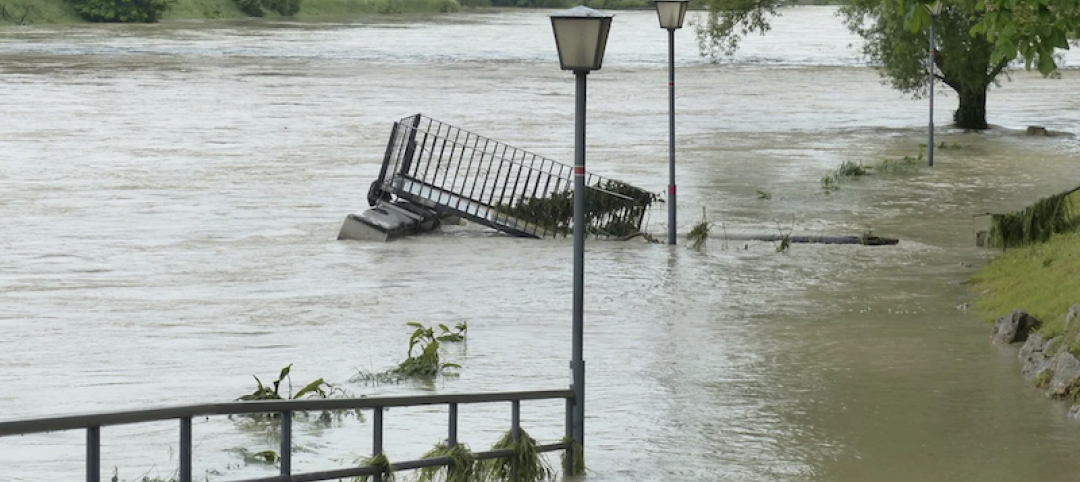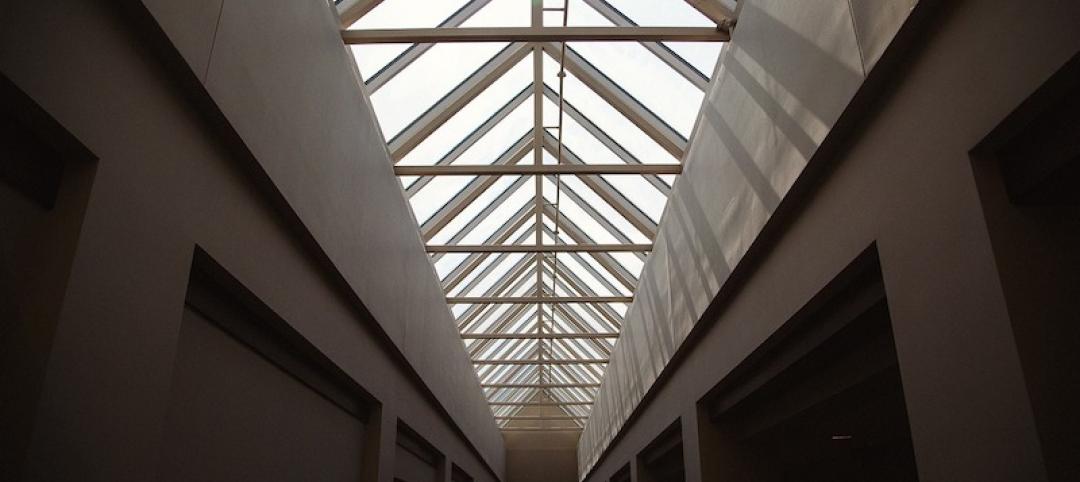Environmental insurance coverage has grown significantly in the construction industry over the last five years, according to William P. Hazelton, executive vice president, environmental and construction, for ACE Group.
Hazelton says that the recent escalation in demand for environmental coverage is primarily due to most construction contracts now including a requirement for the coverage along with other insurance. About five years ago, contractors didn’t need an environmental policy to bid on many projects, but today it’s almost always required.
Tighter regulatory requirements also factor into the trend. The U.S. Environmental Protection Agency is paying closer attention to intrusion of potentially harmful vapors into commercial and residential buildings. These can be from environmental contaminants in the subsurface that can be disturbed during construction.
Companies also need to be aware of air quality issues including from mold contamination, vapors from carpeting or furniture, and exhaust fumes from a loading dock located too close to a building’s ventilation system. These hazards can be addressed with pollution liability coverage.
Related Stories
Codes and Standards | Sep 22, 2020
Air cleaners, chemical and UV treatments among tools to safeguard indoor air amid pandemic
Strategies augment social distancing, increased air flow to combat COVID-19 spread.
Codes and Standards | Sep 21, 2020
No ease of lumber price spikes in sight
Wildfires strike Northwest timber industry in wake of Covid-19 shutdowns.
Codes and Standards | Sep 17, 2020
Spate of energy code appeals could hamper efficiency progress
Construction and fossil fuel interests oppose portions of latest model energy code.
Codes and Standards | Sep 16, 2020
Heat pumps are the future for hot water
Sustainability policies will drive trend.
Codes and Standards | Sep 15, 2020
Taller timber buildings approved in National Fire Protection Association code
Ensures compatibility with the International Building Code.
Codes and Standards | Sep 14, 2020
Relocation of neighborhoods, the next step in U.S. flood strategy, is underway
Repeated rebuilding after successive floods now seen as bad policy.
Codes and Standards | Sep 10, 2020
Fannie Mae programs provide incentives for multifamily solar
Affordable housing projects can find PV installations to be cost-effective.
Codes and Standards | Sep 9, 2020
Corporate pledges accelerate net-zero building movement
World Green Building Council drives goal of net-zero carbon emissions by 2050.
Codes and Standards | Sep 8, 2020
Study will examine elevator airflow amid COVID-19 pandemic
Researchers to investigate risk of airborne transmission.
Codes and Standards | Sep 4, 2020
Updated selection, application guide for plastic glazed skylights, sloped glazing released
Part of suite of skylight documents by Fenestration and Glazing Industry Alliance.


